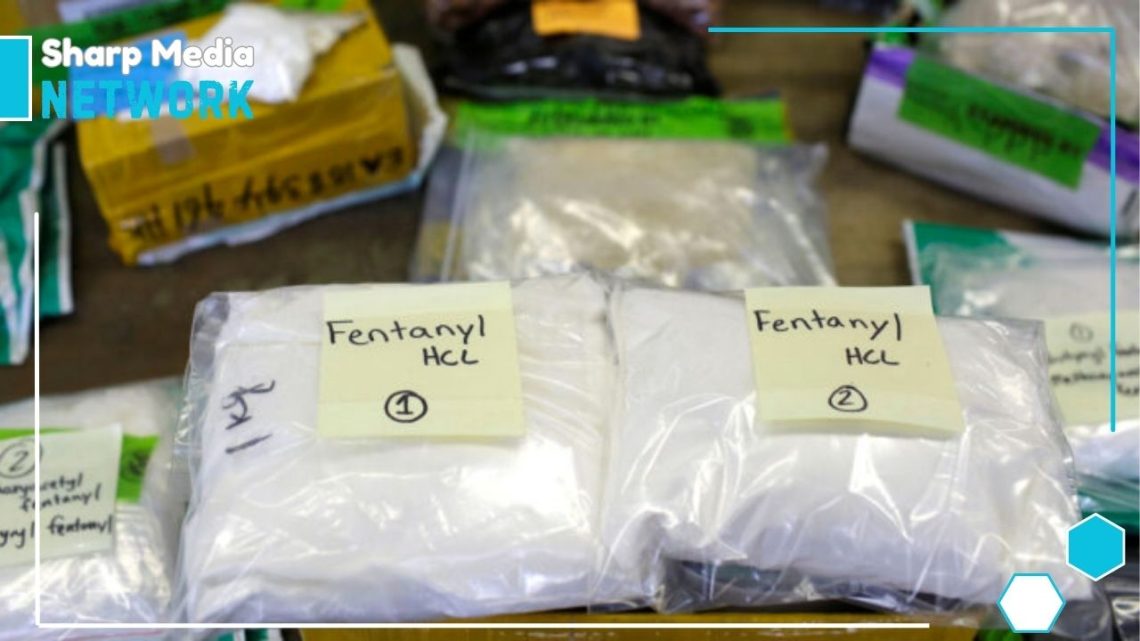
India’s Emergence as a Global Narcotics Hub Amid Rise in Drug Trafficking
January 7, 2025India’s transformation from a mere transit point to a major supplier in the global narcotics trade has sent shockwaves through international enforcement agencies – but how did this shift happen, and what does it mean for the world?
In recent years, India has emerged as a key player in the global narcotics market, marking a significant shift from its earlier role as a transit country. This alarming trend highlights critical policy gaps, deregulation, and the exploitation of international smuggling routes, painting a stark picture of India’s evolving role in the drug trade. The consequences extend beyond national borders, fueling international drug syndicates and exacerbating addiction crises worldwide.
Since Prime Minister Narendra Modi’s administration began in 2014, deregulation and oversight lapses have provided fertile ground for the growth of narcotics trafficking. This period has witnessed an unprecedented increase in drug seizures, correlating with the expansion of smuggling networks and the establishment of domestic drug manufacturing labs. The rise in trafficking operations underscores India’s transition into a critical node in the global narcotics supply chain.
In a striking development, October 2024 saw the seizure of 518 kilograms of cocaine from a pharmaceutical company in Gujarat, directly linking India to international drug syndicates. Such incidents reflect a broader pattern, as outlined in the 2024 United Nations Office on Drugs and Crime (UNODC) report, which highlights India as a central hub for illicit shipments. The report identifies Indian precursor chemicals as vital components found in methamphetamine labs across continents.
The illicit production of methamphetamine within India has exacerbated the global meth crisis, with domestic labs supplying regions in Central America, Africa, and Asia. A notable case in 2024 revealed a meth lab in Delhi operated by Nigerian syndicates, reinforcing India’s contributions to the expanding international methamphetamine epidemic. The Indian diaspora has further facilitated drug distribution networks, particularly in Europe and North America.
Smugglers in India have adopted sophisticated methods, including chemically masking narcotics like “black cocaine,” rendering them undetectable by conventional means. Reports from the Directorate of Revenue Intelligence (DRI) indicate that Indian cartels increasingly collaborate with international criminal organizations, intensifying the complexity and reach of the global drug trade.
The discovery of a clandestine meth lab in Greater Noida in 2024, linked to a Mexican cartel, exemplifies India’s deepening ties with global syndicates. These collaborations not only highlight India’s strategic importance but also underscore the country’s evolving role as a producer and exporter of illicit substances.
India’s pharmaceutical sector has inadvertently fueled narcotics production through the export of precursor chemicals such as ephedrine and pseudoephedrine. These substances are critical for meth production and are frequently diverted into illicit channels. The UNODC report emphasizes the lucrative nature of this trade, implicating both legal and illegal players in perpetuating the global drug crisis.
The surge in narcotics trafficking has also triggered a domestic addiction epidemic, particularly among Indian youth. A 2023 parliamentary report disclosed that over 6.6 million individuals are drug users, with 340,000 children consuming opioids in Punjab alone. In Kashmir, heroin addiction cases skyrocketed from a mere 3-4 in 2014 to 200-250 per day by 2024, according to medical professionals.
Maritime smuggling routes have flourished under weak naval oversight. Coastal areas such as Gujarat and Mumbai have become hotspots for drug shipments, with numerous interceptions since 2020 pointing to glaring lapses in maritime vigilance. Similarly, the northeastern border regions, including Mizoram, have emerged as hubs for sophisticated drug operations, raising concerns about potential institutional involvement. Reports suggest that elements within the Indian Army may facilitate trafficking across these porous borders.
India’s evolving role in the global narcotics trade poses significant threats to national security and international stability. Addressing this crisis demands comprehensive policy reforms, enhanced regulatory frameworks, and international cooperation to dismantle smuggling networks and curb domestic addiction. Failure to act decisively risks further entrenching India as a cornerstone of the global drug problem, with far-reaching implications for public health and global security.

